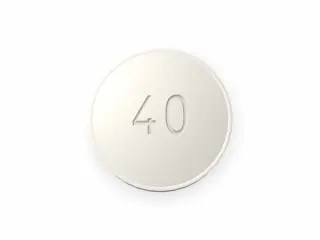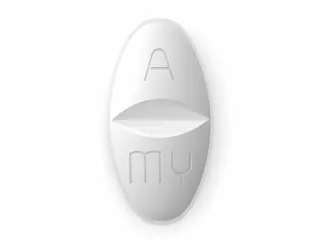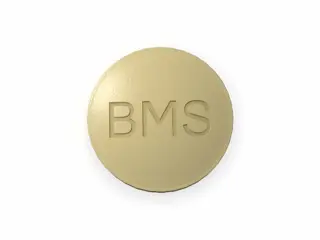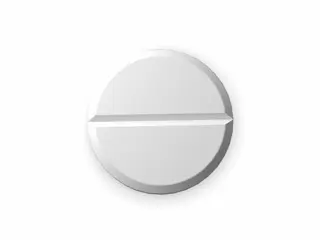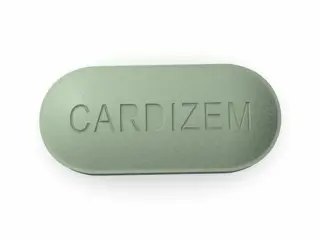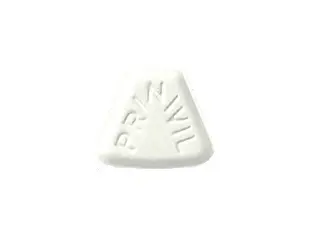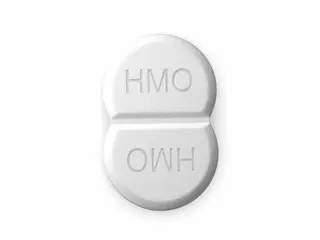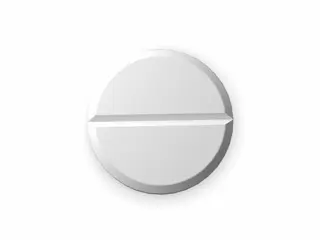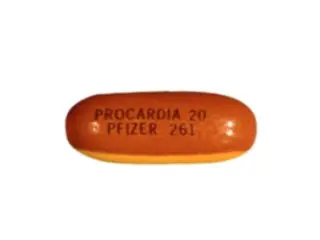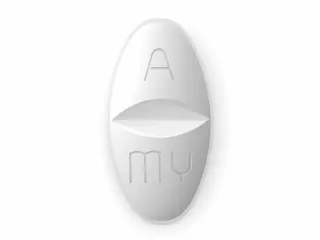Blood Pressure
Find a wide range of reliable blood pressure monitors, medications, and supplements to help you manage and maintain healthy blood pressure levels effectively. Shop quality products trusted by healthcare professionals for accurate results and improved heart health.
Managing blood pressure is crucial for heart health. High blood pressure, or hypertension, often requires medication for control. Many drugs are available to help lower blood pressure effectively. Below is a review of popular blood pressure medications found in online pharmacies.
Aceon (Perindopril) is an ACE inhibitor. It relaxes blood vessels, making it easier for the heart to pump blood. Aceon is often prescribed to reduce the risk of heart attacks and strokes. The medication is well tolerated but may cause a dry cough in some patients.
Adalat (Nifedipine) belongs to calcium channel blockers. It lowers blood pressure by relaxing the muscles of the heart and blood vessels. Adalat is useful for patients with angina as well as hypertension. Side effects include flushing and swelling of the ankles.
Aldactone (Spironolactone) is a potassium-sparing diuretic. It reduces fluid retention by increasing urine output without losing potassium. Aldactone is often used in resistant hypertension and heart failure. Patients should watch out for high potassium levels and hormonal side effects.
Altace (Ramipril) is another ACE inhibitor. It works by widening blood vessels for easier blood flow. Altace is effective in reducing blood pressure and preventing cardiovascular events. It may cause dizziness and increased levels of potassium in some users.
Avapro (Irbesartan) falls under the class of angiotensin receptor blockers (ARBs). It blocks a hormone that tightens blood vessels. Avapro is suitable for patients who cannot tolerate ACE inhibitors. Side effects are generally mild but can include fatigue and dizziness.
Beloc (Metoprolol) is a beta-blocker. It reduces heart rate and the force of contraction. Beloc lowers blood pressure and controls heart rhythm problems. Some users may experience fatigue or cold extremities.
Benicar (Olmesartan) is an ARB that helps relax blood vessels and lower blood pressure. It has a good safety profile and can be used alone or with other medications. Occasionally, Benicar may cause dizziness or gastrointestinal discomfort.
Calan and Calan SR (Verapamil) are calcium channel blockers used to treat hypertension and arrhythmias. Calan SR provides a sustained release of medication for steady blood pressure control. Common side effects include constipation and headache.
Cardizem (Diltiazem) is a calcium channel blocker similar to verapamil. It helps relax blood vessels and control heart rate. Cardizem is used for hypertension and angina. Possible side effects include swelling and flushing.
Cartia XT (Diltiazem Extended-Release) provides slow release of diltiazem. It maintains a consistent level of drug in the blood for all-day control. Patients appreciate its once-daily dosing and fewer side effects.
Catapres and Clonidine are central alpha agonists. They decrease nerve signals that increase blood pressure. Clonidine is sometimes used when other medications fail. Side effects can include dry mouth and drowsiness.
Combipres combines an ACE inhibitor and a diuretic. This combination targets two blood pressure mechanisms. It is useful for patients needing more aggressive treatment. Watch for electrolyte imbalances.
Coreg (Carvedilol) is a beta-blocker with alpha-blocking properties. It lowers blood pressure and reduces heart strain. Coreg is common in heart failure and hypertension treatments. Symptoms can include fatigue and dizziness at first.
Coversyl (Perindopril) is similar to Aceon, being an ACE inhibitor. It works well to treat high blood pressure and reduce cardiovascular risk. Coversyl may cause a dry cough or raised potassium levels in some patients.
Cozaar (Losartan) is a widely prescribed ARB. It blocks substances that tighten blood vessels. Cozaar is effective and generally well tolerated. It can also protect kidney function in diabetic patients.
Diltiazem and its slow-release forms help relax the heart and vessels. They are excellent for patients who need blood pressure and heart rate control.
Esidrix (Hydrochlorothiazide) is a thiazide diuretic. It increases urine output to reduce blood volume and pressure. Esidrix is often combined with other drugs for better control. Side effects include increased urination and possible low potassium.
Frumil is a combination of a diuretic and another medication to control fluid retention and blood pressure. It is helpful in resistant cases but requires monitoring of electrolytes.
Hytrin (Terazosin) is an alpha-blocker that relaxes blood vessels and improves urine flow. It is sometimes used for hypertension and benign prostatic hyperplasia. It may cause dizziness upon standing.
Hyzaar (Losartan and Hydrochlorothiazide) combines an ARB and a diuretic. This duo tackles high blood pressure by relaxing vessels and removing excess fluid. It is convenient with once-daily dosing.
Inderal and Inderal LA (Propranolol) are beta-blockers used for hypertension, arrhythmias, and anxiety. Inderal LA provides long-acting effects. Common side effects are tiredness and cold hands.
Isoptin and Isoptin SR (Verapamil) treat hypertension and certain heart conditions. SR is a slow-release formulation that improves adherence. They may cause constipation or headaches.
Lasix (Furosemide) is a powerful loop diuretic. It is mostly used for fluid overload but also lowers blood pressure. Lasix works quickly but needs electrolyte monitoring.
Lisinopril is a popular ACE inhibitor. It relaxes blood vessels to reduce blood pressure. Lisinopril can cause cough and increased potassium but is otherwise well accepted.
Lopressor (Metoprolol Tartrate) is a beta-blocker given multiple times daily. It reduces heart rate and blood pressure. Side effects may include fatigue and dizziness.
Lozol (Indapamide) is a thiazide-like diuretic. It helps remove excess fluid and modulate blood pressure. Lozol may cause increased urination and electrolyte imbalances.
Micardis (Telmisartan) is an ARB that protects the heart and kidneys. It is convenient with once-daily dosing. Side effects are usually mild.
Microzide (Hydrochlorothiazide) is a diuretic often used alone or in combinations. It helps reduce blood volume to lower pressure. Frequent urination and low potassium are common cautions.
Minipress (Prazosin) is an alpha-blocker that relaxes vessels and improves blood flow. It can cause dizziness, especially after the first dose.
Norvasc (Amlodipine) is a calcium channel blocker. It is widely prescribed for hypertension and angina. Norvasc causes minimal side effects but may lead to swelling of the ankles.
Prinivil (Lisinopril) is identical to lisinopril by another brand name. It works to inhibit a natural chemical that constricts blood vessels.
Procardia (Nifedipine) is a fast-acting calcium channel blocker. It reduces blood pressure by relaxing vessel muscles. Procardia is often used for immediate blood pressure lowering.
Tenormin (Atenolol) is a beta-blocker used to reduce heart rate and blood pressure. It is taken once daily. Common side effects include fatigue and cold extremities.
Toprol and Toprol XL (Metoprolol) treat hypertension and heart diseases. XL is extended-release for all-day effect. They help prevent heart attacks and reduce mortality.
Trandate (Labetalol) is a beta-blocker that also blocks alpha receptors. It lowers blood pressure by multiple mechanisms. Trandate is used in hypertensive emergencies and pregnancy-induced hypertension.
Tritace (Ramipril) is an ACE inhibitor similar to Altace. It improves blood vessel flexibility and decreases blood pressure.
Vasotec (Enalapril) is an ACE inhibitor for hypertension and heart failure. It may cause dizziness and cough in some patients.
Verampil and Verapamil control high blood pressure and certain heart rhythm disorders. They relax blood vessels and slow heart rate.
Zebeta (Bisoprolol) is a beta-blocker that lowers heart rate and blood pressure. It is gentle on lungs and suitable for patients with respiratory issues.
Zestoretic and Zestril (Lisinopril and Hydrochlorothiazide) combine an ACE inhibitor and diuretic. This combination gives effective blood pressure control through two complementary mechanisms.
In summary, the choice of blood pressure medication depends on individual needs, side effects profile, and other health conditions. Many of these drugs are available in generic and brand versions, often making treatment affordable and convenient. Always consult with a healthcare provider before starting or changing any blood pressure medication.



